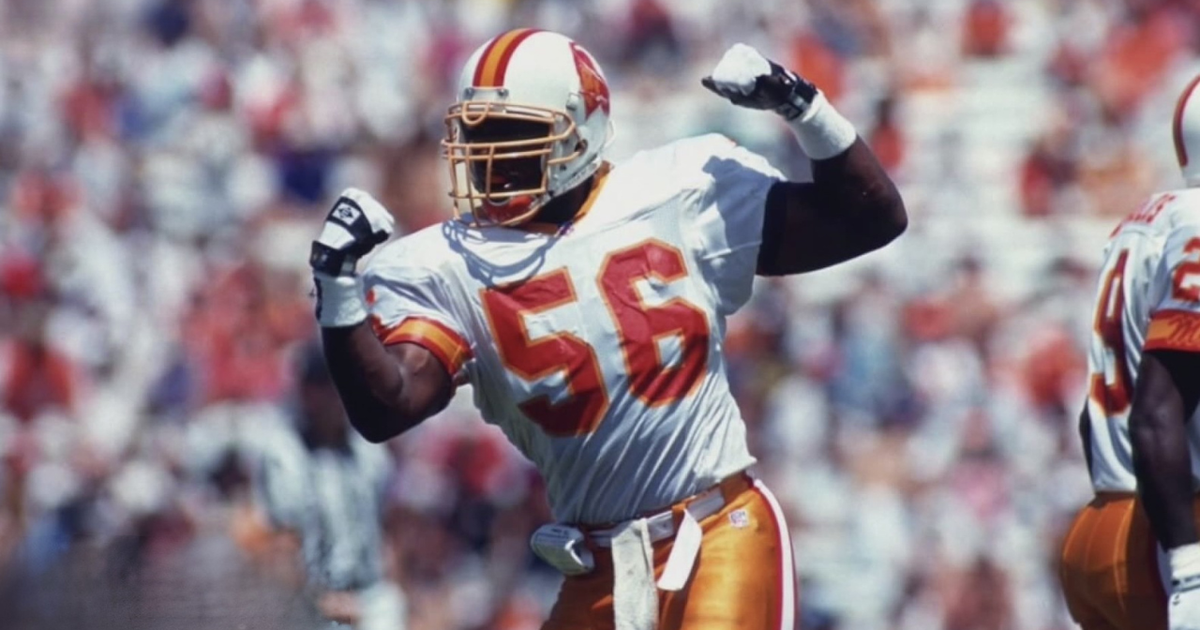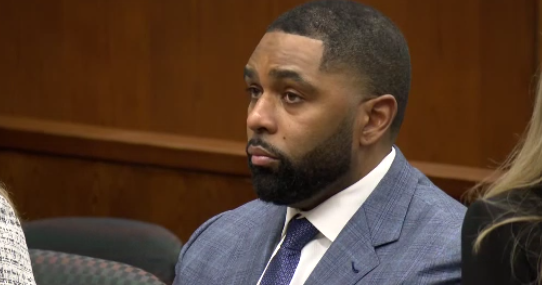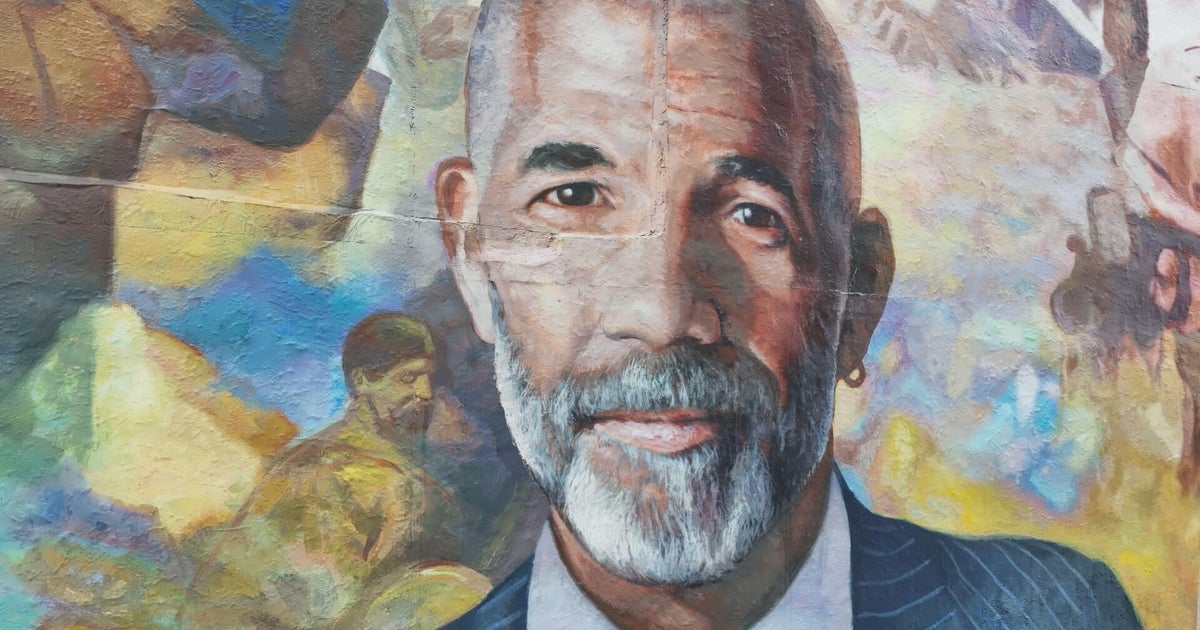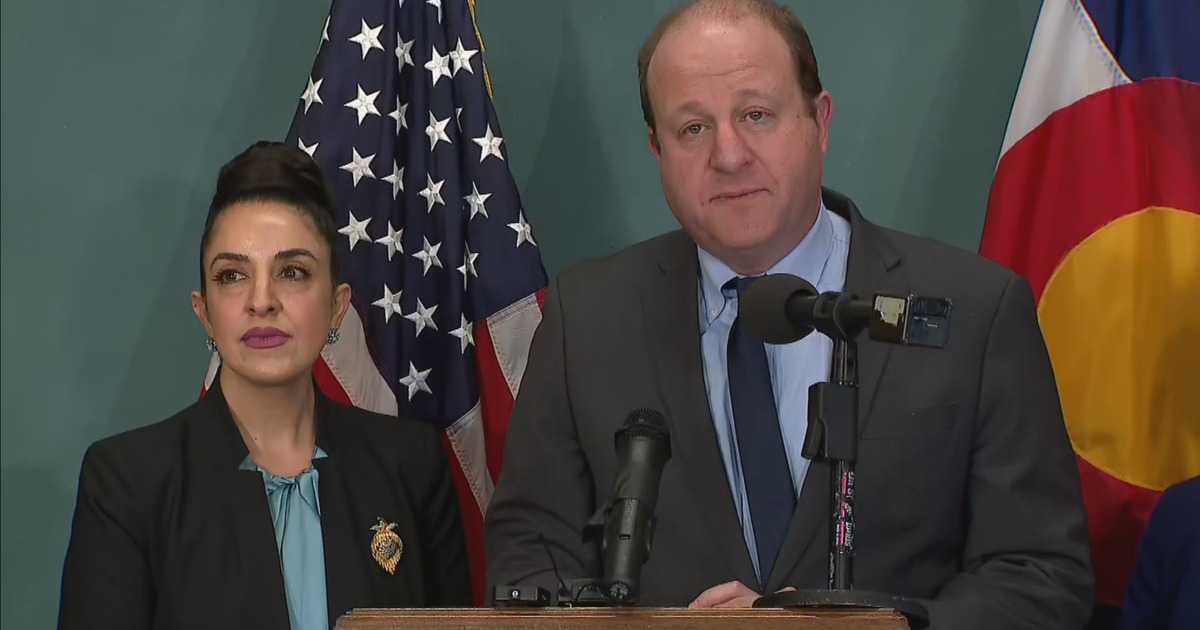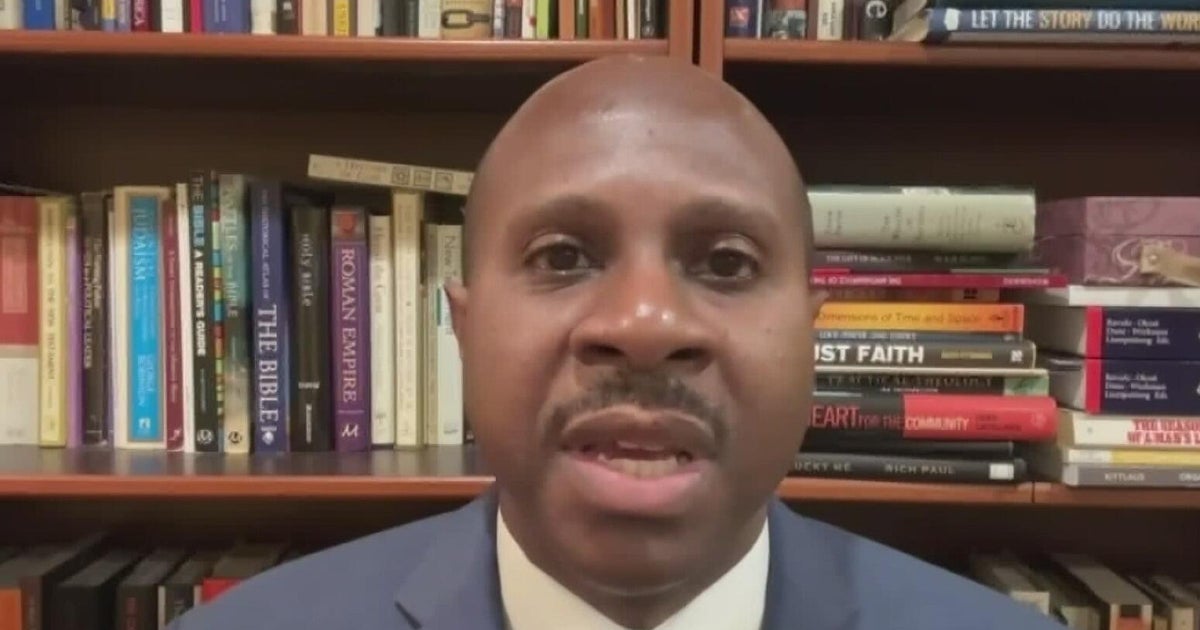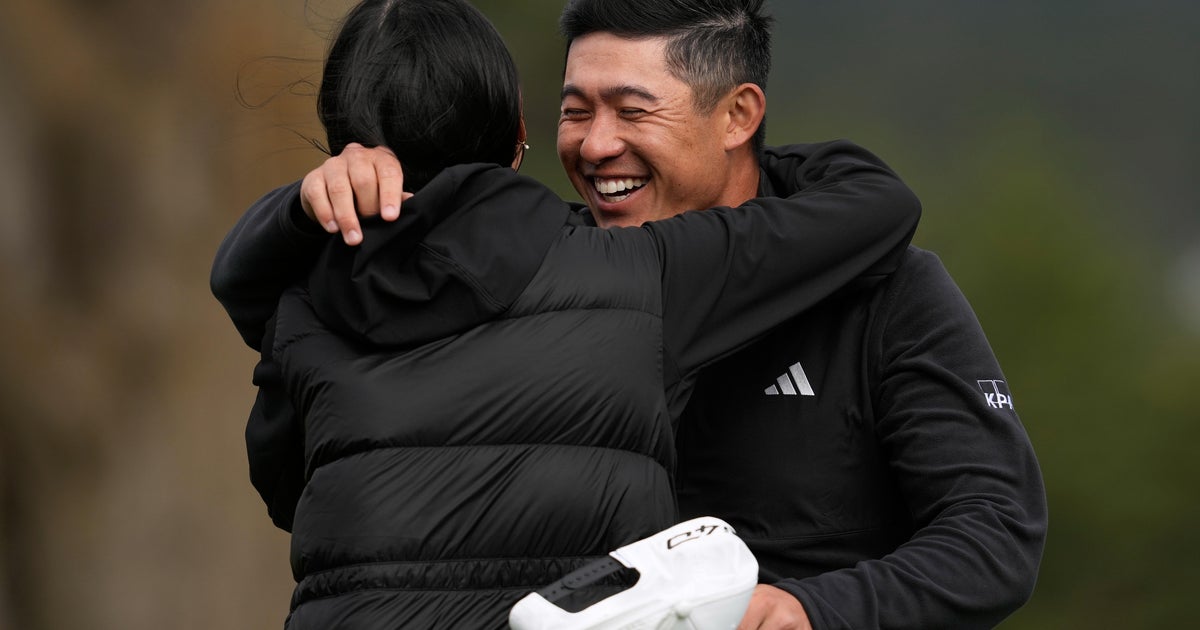NFL Finds No Reason To Punish Or Even Question Eli Manning After Fraud Case Settles Out Of Court
By Michael Hurley, CBS Boston
BOSTON (CBS) -- Last week, after Eli Manning settled his memorabilia fraud case out of court, it was widely assumed that the NFL would happily ignore the matter rather than draw attention to it. Those assumptions were proven correct.
In an email to Pro Football Talk's Mike Florio on Saturday (is the Saturday morning news dump replacing the Friday afternoon news dump?), NFL spokesman Brian McCarthy said that the NFL will not be pursuing any discipline and will not be seeking any more information from Manning in relation to the charges.
"We monitored the situation and are satisfied that it is a civil matter that was resolved. Not a [Personal Conduct Policy] issue," McCarthy told Florio.
It's an interesting designation, considering the Personal Conduct Policy lists rather plainly that "fraud" is among a list of prohibited conduct that would normally leave a player subjected to discipline from the league.
Here's the exact language from the Personal Conduct Policy:
Players convicted of a crime or subject to a disposition of a criminal proceeding (as defined in this Policy) are subject to discipline. But even if the conduct does not result in a criminal conviction, players found to have engaged in any of the following conduct will be subject to discipline. Prohibited conduct includes but is not limited to the following:
...
Crimes of dishonesty such as blackmail, extortion, fraud, money laundering, or racketeering
Here's some further description from the Personal Conduct Policy regarding what happens to a player who is found in violation:
Whenever the league office becomes aware of a possible violation of the Personal Conduct Policy, it will undertake an investigation, the timing and scope of which will be based upon the particular circumstances of the matter.
...
In investigating a potential violation, the league may rely on information obtained by law enforcement agencies, court records, or independent investigations conducted at the direction of the NFL. League and team employees including players are required to cooperate in any such investigation and are obligated to be fully responsive and truthful in responding to requests from investigators for information (testimony, documents, physical evidence, or other information) that may bear on whether the Policy has been violated. A failure to cooperate with an investigation or to be truthful in responding to inquiries will be separate grounds for disciplinary action.
Because the Fifth Amendment's protection against self-incrimination does not apply in a workplace investigation, the league will reserve the right to compel a player to cooperate in its investigations even when he is the target of a pending law enforcement investigation or proceeding. A player's refusal to speak to a league investigator under such circumstances will not preclude an investigation from proceeding or discipline from being imposed.
Considering Manning was accused of fraud, and considering he opted to settle the case just before the trial started in order to avoid having to testify in open court, one might expect the NFL to at least bring Manning in for an interview in order to try to get to the bottom of the matter to see if Manning did indeed commit fraud. After all, nothing is more important than the integrity of the game to the National Football League, and if the two-time Super Bowl MVP star quarterback of a marquee franchise did indeed collude to fraudulently provide game-used equipment to be purchased for large sums of money, then certainly the integrity of the whole league could be called in to question. This is the NFL's co-winner of the Walter Payton Man Of The Year we're talking about; if he's actually guilty of the accusations levied against him, you'd think the league might want to know.
And as we know by now, nothing -- nothing -- is more important to Roger Goodell than the integrity of the game. He reminded the world of that on this very day, May 21, 2018, when he sent out a statement regarding the legalization of sports betting. This statement began thusly: "As it was for my predecessors, there is no greater priority for me as the Commissioner of the National Football League than protecting the integrity of our sport."
As the NFL has proven with a number of expensive and over-the-top investigations during the Roger Goodell regime, a lack of a trial or a lack of formal charges has not inhibited the league from investigating and punishing as it sees fit whenever the integrity of the game is at stake.
Just last year, after Cowboys running back Ezekiel Elliott had been cleared of all criminal charges for domestic violence and after the NFL's own investigator recommended no punishment for Elliott, Goodell went ahead and suspended him for six games anyway. Elliott appealed the ruling, but winning such an appeal against the NFL is the longest of long shots. That took place one year after Giants kicker Josh Brown -- a man who admitted to acts of domestic abuse and a man who was reportedly belligerent and had to separated from his family by NFL security at a Pro Bowl -- was given just a one-game suspension.
Elliott served his suspension from mid-November through late-December. The Cowboys went 3-3 in his absence, finished the year 9-7, and missed the playoffs one year after going 13-3.
The Cowboys -- and owner Jerry Jones, who was slapped with a $2 million bill for fighting the Elliott case and saw his team stripped of $10 million in salary cap space back in 2012 -- must be watching with interest as Manning now joins Brown, John Mara, and Ben McAdoo as members of the Giants who have seen the softer side of Goodell, a commissioner who tends to take more of a disciplinarian's role against most other NFL teams.
Patriots owner Robert Kraft also might have some questions as to why the commissioner wouldn't even want to bring Manning to the NFL offices to answer some questions. Goodell did force Tom Brady to sit through a 10-hour appeal hearing in the basement of 345 Park Avenue, a dog and pony show that included Brady essentially taking the stand in front of Goodell, facing direct examination by attorney Jeffrey Kessler, a cross-examination by attorney Lorin Reisner, as well as a redirect examination and a recross-examination by the same lawyers. Brady answered every question asked of him, but his suspension was nevertheless upheld by Goodell, who was enforcing a rule which didn't even apply to players and issuing an unprecedented level of punishment for a violation which was never proven to have happened.
The NFL never even concluded that Brady actually did anything. The league simply deemed that he was likely aware of something that probably happened. He was hit with a four-game suspension, which Goodell and the league fought tooth-and-nail to uphold. For years.
Manning may have been aware of fraudulent activity which may have happened, but the league has no interest in learning anything more about the matter. The league has "monitored" the case from afar and hoped it would disappear from the public eye. Without an embarrassing cover-up in a case involving a much more serious crime to try to wash out of the news cycle, the league has no motivation to even give the appearance of treating Manning the way it has treated many players in the past.
As always, it all comes back to a comment by Goodell made in the midst of his years-long fight to punish Tom Brady, in defiance of basic laws of science and while disregarding several instances of his own deceit as well as missteps and dishonesty from his own NFL employees.
"Our rules apply to everybody. They apply to every single player. And every single player expects those rules to apply to everybody," Goodell boasted in October 2015. "Every coach does, every fan does, every partner, every team does. Our rules and the integrity of the game aren't different because somebody is popular or somebody is a Super Bowl champ or not. They are to be applied evenly. Our teams expect that and that's our job, that's our responsibility. It's my job. So no, I don't regret that and we will continue to uphold the integrity of the game and we will do that as vehemently as we can."
Perhaps the duplicity of those words in this matter makes the NFL a bit gun-shy about even pretending to pursue this case of fraud.
You can email Michael Hurley or find him on Twitter @michaelFhurley.

